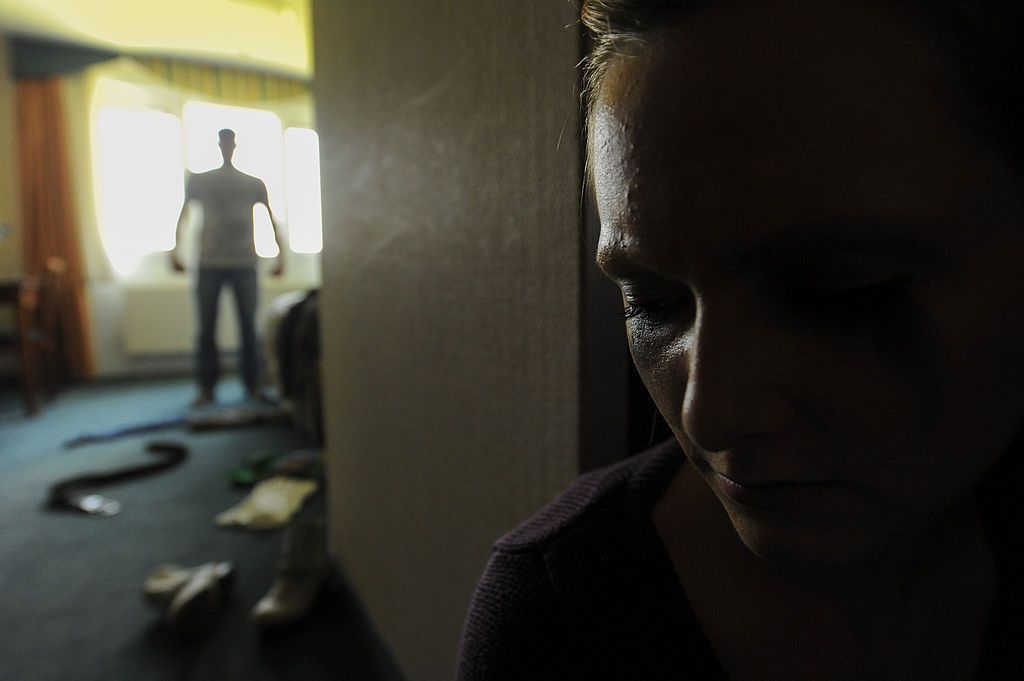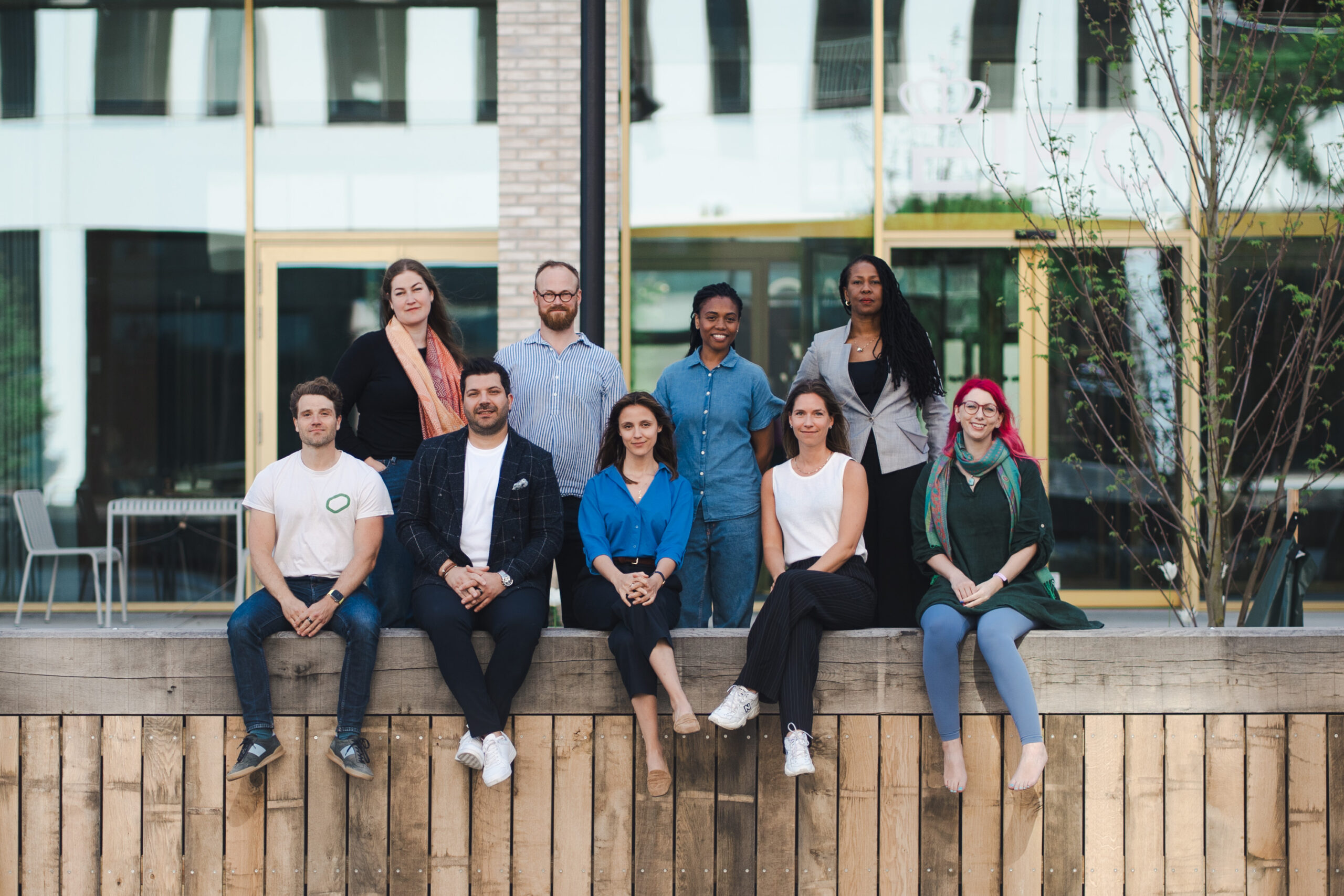A chemical weapons attack in Damascus on civilians almost two weeks ago that killed over 1,000 adults and 400 children could not possibly have been carried out by the Syrian government, some Syrians living in Denmark are arguing.
While the US is convinced that government forces carried out the attack, Mohammad Mahfoud, the chairman of the association Dansk Syrisk Forening, told morning radio show P1 Morgen that there is no compelling evidence to support this claim.
“I am convinced that it will be proven that the Syrian government was not responsible for the attack,” Mahfoud told P1 Morgen. “But unfortunately the West and the Americans have already made up their minds. They have condemned our president and accused him of doing it. But I am not convinced that the government was behind this.”
No purpose in attacking civilians
Mahfoud pointed out that the Syrian government had invited in the UN weapons inspectors to investigate the suspected use of chemical weapons by rebels earlier this year, and that it wouldn’t make any sense to carry out such an attack while the inspectors were in the country.
“The Syrian army has never attacked civilian targets. Not deliberately,” Mahfoud said. “I cannot see the strategic, military purpose of attacking civilians. Who benefits the most? The rebels do, because they have been calling for a military intervention from the West.”
While the UN weapons inspectors hurry to complete their investigation into the attack, the latest US evidence suggests that it was sarin gas that was used to attack the Damascus suburb of Ghouta and that the Syrian government was responsible.
With Russia and China opposing military intervention, it is unlikely that there will be a UN mandate to punish the Syrian government for the chemical attack, which the US government said “crossed the line”. The use of chemical weapons was banned by the UN Chemical Weapons Convention from 1993.
Defence minister: US "presented a convincing case"
The US is trying to gather an international coalition to support an attack against the Syrian government, though the British parliament dealt them a blow when they voted last week not to join any military intervention.
Germany has also said it would not join an intervention, but the Danish government seems keen to remain by the side of the US.
“The Americans presented a convincing case based on concrete intelligence that all points in the same direction, which is that Assad was responsible for the attack,” the defence minister, Nicolai Wammen (Socialdemokraterne), told Ritzau, referring to evidence laid out by US Secretary of State John Kerry on Friday night.
“If the US chooses an action with the purpose of supporting the civilian population, Denmark will support the Americans,” Wammen said. “We have not been contacted by the US about contributing with the attack.”
PM Helle Thorning-Schmidt opened up the possibility of joining US intervention last week, while the opposition is split. Public opinion favours no intervention.










